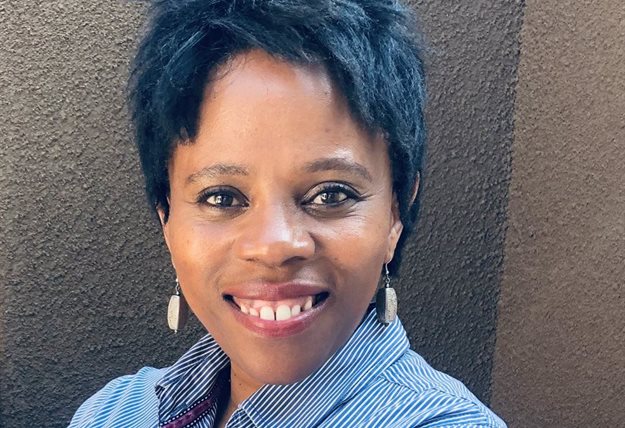
Top stories






More news





ESG & Sustainability
#Sona2026: President announces crisis committee to tackle SA's water challenges









There are, however, quite a number of options available to property owners in order for them to ensure long-term sustainability of their properties.
Amongst other options, the property owners can approach the bank in advance to state their case and see what options could be available to them from the financial perspective; another aspect would be to avoid unnecessary debt and look at renting out their properties in hard times, and find a smaller place of residence whilst still paying for the mortgage bond/ home loan.
Furthermore, since property has a wide variety of investment options, one key aspect for those who are able to afford it, is the buying and flipping of property - most preferably, houses. The process entails an individual buying a specific property at times being run-down or in bad condition, or from a distressed seller who has tried all other avenues, with the aim of either giving it a full refurbishment or a simple facelift here and there to make it more appealing and sell it back to the market and make a profit.
Although this is quite a complex model of sustaining one’s livelihood in terms of money that will be spent, but in the same breath provides an option for one to maximize profit in property.
In the market where Snooks Estates operates, there has not been a lot of ‘buying an option’. This occurs when a seller may need money, and the buyer buys an ‘option’ to purchase the house at a later stage for a specific price. The seller cannot change or get out of this agreement; usually the buyer would have helped the seller out in a difficult financial situation, and given them time to adjust before the sale is concluded. Therefore, only the buyer could change their mind.
However, we have seen a lot of so called ‘investors’ offering sellers, who could be facing a foreclosure on their property, to pay arrears in exchange for buying the house at a discount, in order to resell and gain a profit from their investment. This does not necessarily have to go through an attorney but in good faith, and some of these agreements have backfired in the past, where the seller would renege and not be willing to sign the sale documents once the arrears have been paid.
Overall, property provides viable solutions for owners to look at in an uncertain economy. It also requires continuous education for owners, as the present economy needs innovation for one to thrive within it, and in some way this pushes one to then have an entrepreneurial mindset in order to survive. Property trends change rapidly like any sector and whilst property owners are looking into investment opportunities, they ought to keep this mind every step of the way.